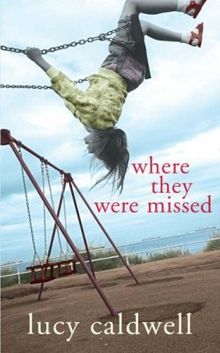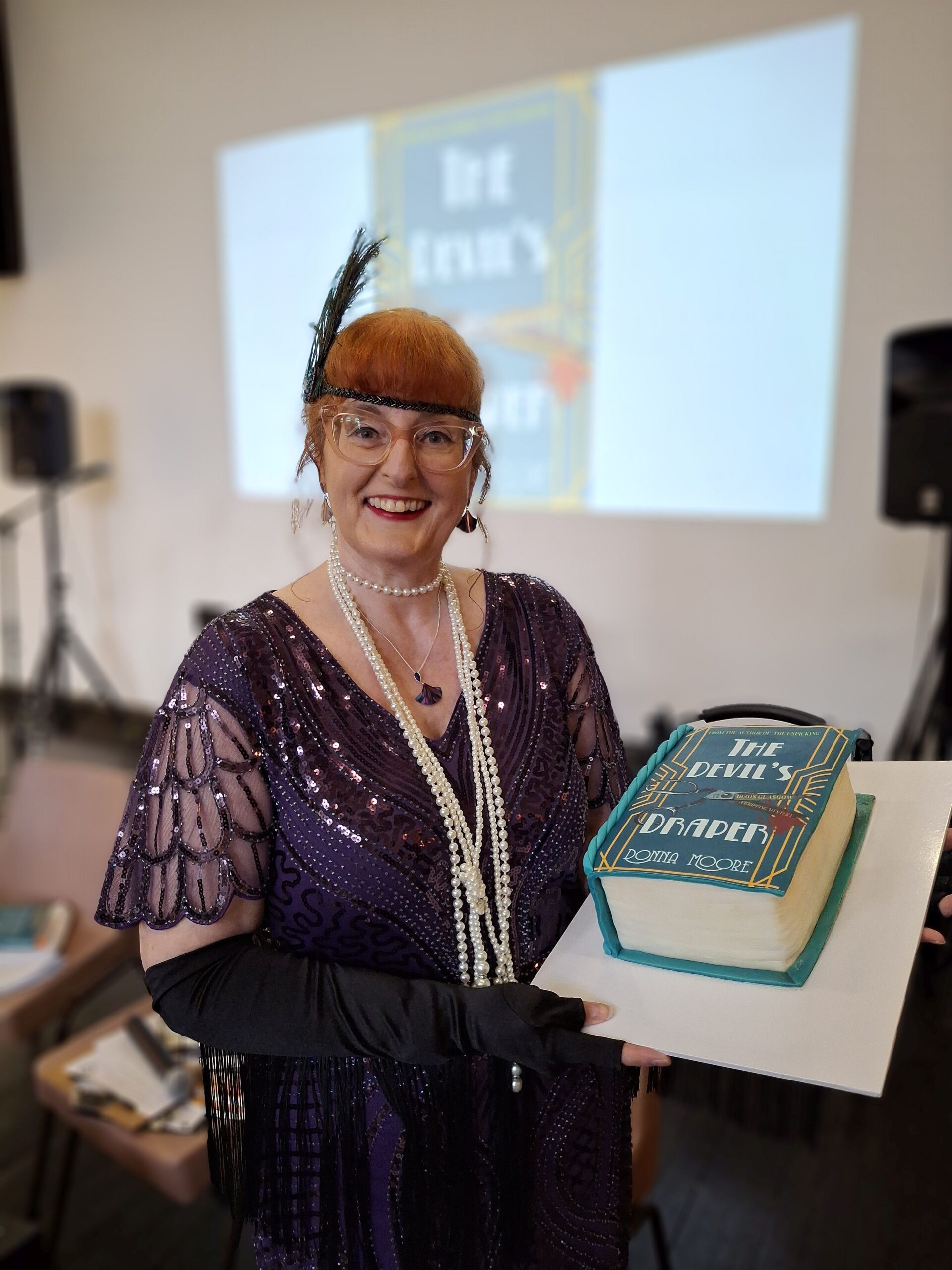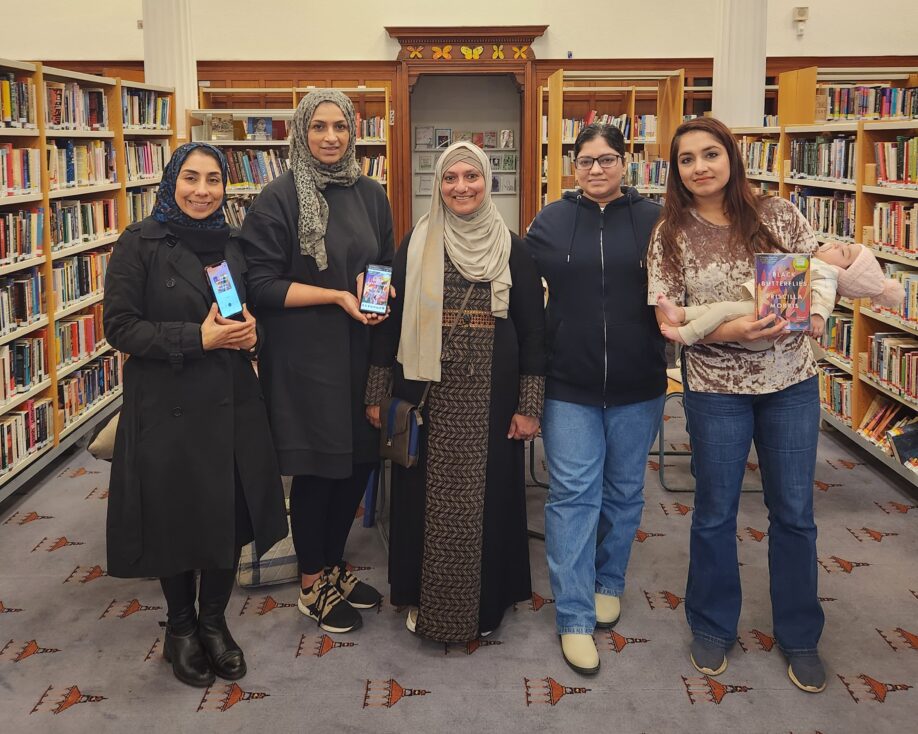 Saoirse is a sheltered child. Living with her mother, father and younger sister Daisy in a tinderbox of past secrets and ever-present tensions, her world is one of fantastic bedtime stories and childish games, alive with imagination and invention. Despite their natural spark, however, the girls are essentially confined to their own house and garden when we first meet them in the middle of a hot summer in 1980s Belfast. From the vantage point of a fir tree which stands sentinel in the garden, the sisters watch the rest of the world trundle by, particularly conscious of the other children in their street – children who they know, almost instinctively, they must avoid.
Saoirse is a sheltered child. Living with her mother, father and younger sister Daisy in a tinderbox of past secrets and ever-present tensions, her world is one of fantastic bedtime stories and childish games, alive with imagination and invention. Despite their natural spark, however, the girls are essentially confined to their own house and garden when we first meet them in the middle of a hot summer in 1980s Belfast. From the vantage point of a fir tree which stands sentinel in the garden, the sisters watch the rest of the world trundle by, particularly conscious of the other children in their street – children who they know, almost instinctively, they must avoid.
Their mother Deirdre, a doting storyteller, is the source of all of their young imaginings. But Deirdre is also constantly nervous, secretive, lonely, and often cripplingly depressed – and, despite her efforts to preserve the closeted, claustrophobic home life of this small family, tragedy and turmoil still find them that summer, with heart-rending consequences.
By the beginning of the second part of the novel, several years have passed and we re-join Saoirse as a turbulent and incorrigible adolescent, defying her family in order to unpick the troubled and enigmatic image she has of her mother. As she grows up, her sense of detachment from those around her becomes increasingly more apparent, and it is only through uncovering difficult truths that she can awaken into adulthood. Saoirse’s is a family both shaped and misshapen by its own past; subdued by a sense of otherness, cultural and religious separation and division, which Saoirse must decide either to live by, or to outgrow. She must unearth and try to understand Deirdre’s secrets; secrets which have cast a heavy, threatening pall of silence and mystery since long before that hot Belfast summer she remembers from her childhood.
In Where They Were Missed, Lucy Caldwell touches upon intransigent notions of identity which, rather than uniting people, tear relationships apart. She sketches out the inertia of unchallenged ‘traditions’ through provocative and highly emotive themes including mental illness, alcoholism and devastating childhood separations. The novel is a deft demonstration of the ways in which shared identity, history and cultural and religious belief form the bones of an individual, just waiting to be fleshed out with all the possibilities of growth, of learning and of coming of age. The broken hearts and rebellion of growing up are all writ large against the constantly implied, sinister backdrop of the sectarian Troubles of Northern Ireland during the 1970s and 1980s, and the human cost of this conflict is rendered on such a personal, tender, sad scale that it often leaves the reader feeling overwhelmed.
This is a novel written in smooth and approachable prose, but it is a heavy and emotional read. A window into women’s experiences of sectarianism, the novel places all of the sensitivities and fragilities of the relationship between mother and daughter centre stage, and has at its heart the sheer power of the stories and secrets which are passed down through generations.
– – – – – – – – – – –
‘Where They Were Missed’ by Lucy Caldwell is available from Glasgow Women’s Library as part of the Mixing The Colours Resource. The Mixing The Colours project is part of the Scottish Government Action on Tackling Sectarianism, and seeks to enable and empower the voices and experiences of women on the subject of sectarianism. You can find more information on the project here.






